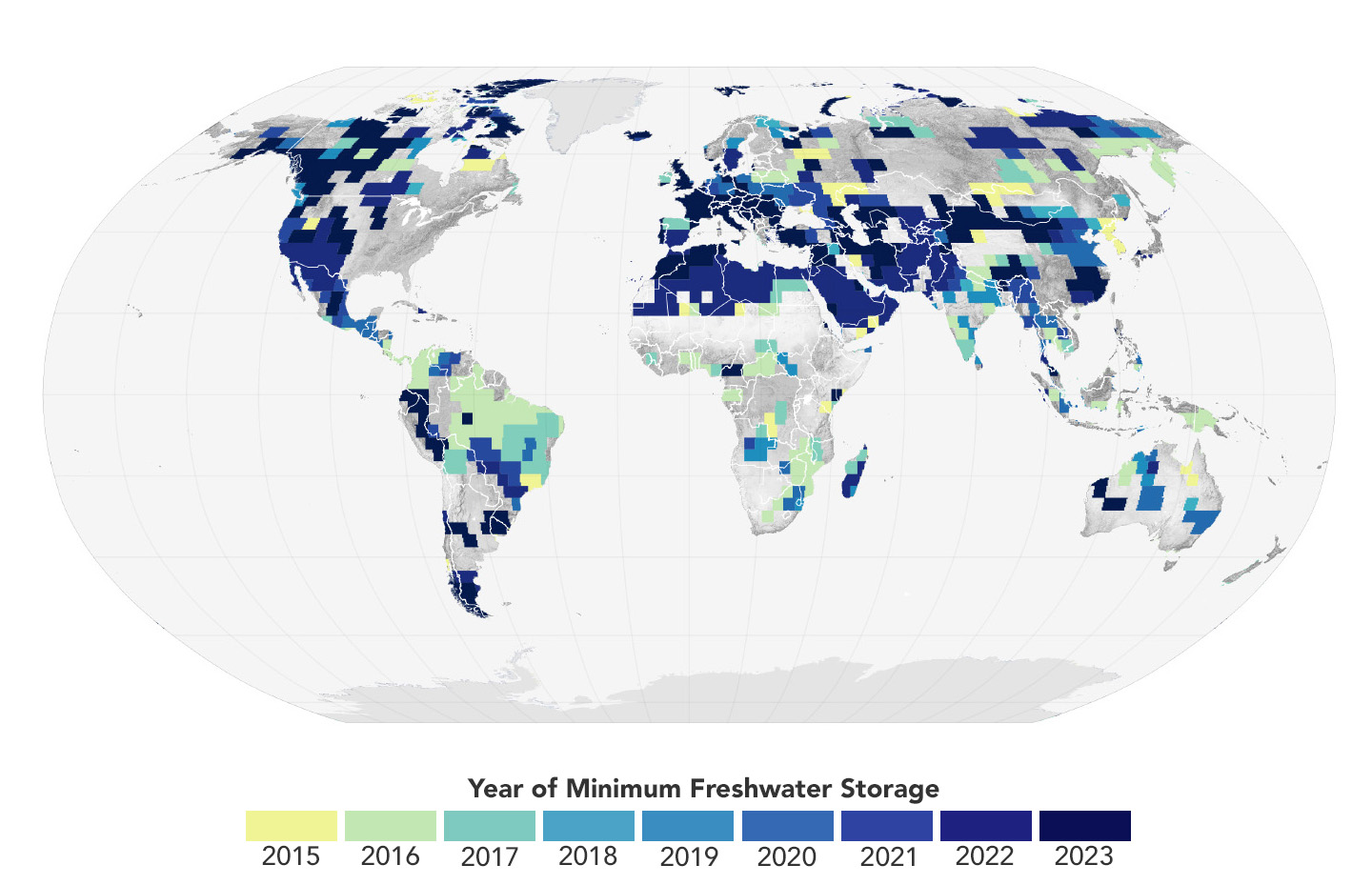Updated Monthly
Marshall Solar Cycle Forecast
The Space Environments Team in the Natural Environments Branch of the Engineering Directorate at Marshall Space Flight Center (MSFC) provides solar cycle predictions for NASA engineering programs and the aerospace community.
The purpose of the predictions is to provide future statistical estimates of sunspot number, solar radio 10.7 cm flux (F10.7), and the geomagnetic planetary index, Ap, for input to various space environment models. For example, the F10.7 and Ap are required inputs to upper atmosphere (thermosphere) density computer models used for spacecraft operations such as orbital lifetime analysis and for the planning of future spacecraft missions.
Each month the solar prediction is updated using historical and the latest month’s observed solar indices to provide estimates for the balance of the current solar cycle and the next. The forecasted solar indices represent the 13-month smoothed values consisting of a best estimate value stated as a 50-percentile value along with the 95 and 5 percentile statistical values. The F10.7 prediction also includes a 75-percentile value.
The estimation technique is used to predict the remaining of the current cycle, but it is not able to predict the next solar cycle at this time. However, for engineering applications and mission planning an extended forecast for the next solar cycle is given below. The values shown for the next cycle are those of a mean cycle obtained from averaging previous cycles of 13-month smoothed indices along with the calculated statistical bounds.
Updated November 7, 2024
Sunspot Number
Sunspot Number Extended Forecast: Plot | Table
Sunspot Number Recent Observations: Table (Monthly & 13-Month Smoothed)
Radio Flux
Radio Flux (10.7 cm) Extended Forecast: Plot | Table (95 percentile) | Table (75 percentile)
Radio Flux Recent Observations: Table (Monthly & 13-Month Smoothed)
Geomagnetic Index Ap
Geomagnetic Index Ap Extended Forecast: Plot | Table
Geomagnetic Index Ap Recent Observations: Table (Monthly & 13-Month Smoothed)

Marshall Solar Cycle Forecast Data Sources
The monthly mean data presented in Solar Cycle Progression and Forecast and used in generating the forecast products are obtained from the sources listed below.
Contacts
Jenna M. Martin
jeremy.m.martin at nasa dot gov
Marshall Space Flight Center
Dr. Anthony DeStefano
anthony.m.destefano at nasa dot gov
Marshall Space Flight Center






































